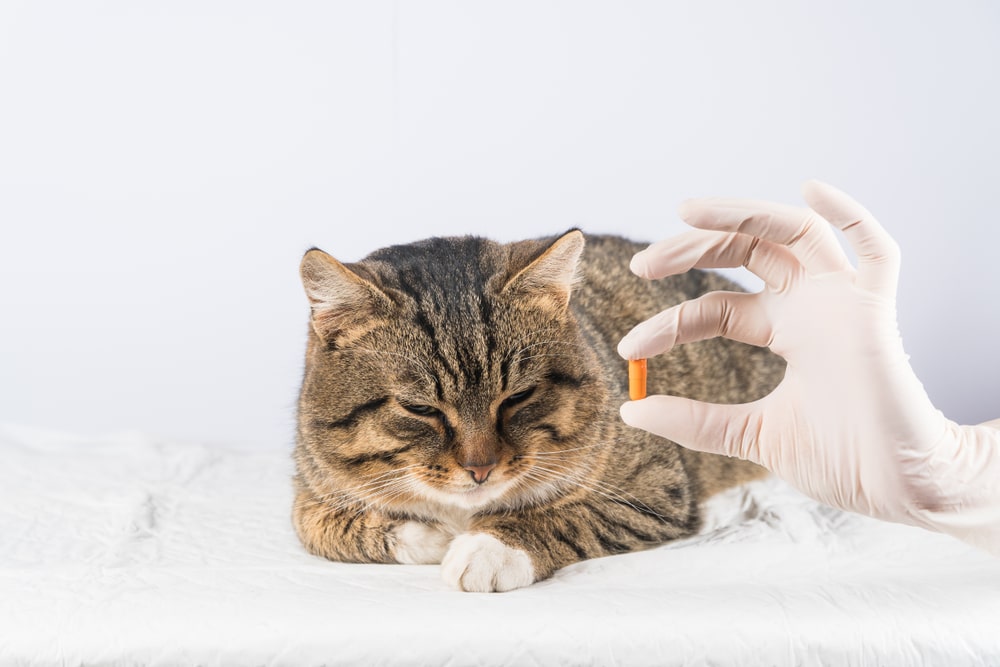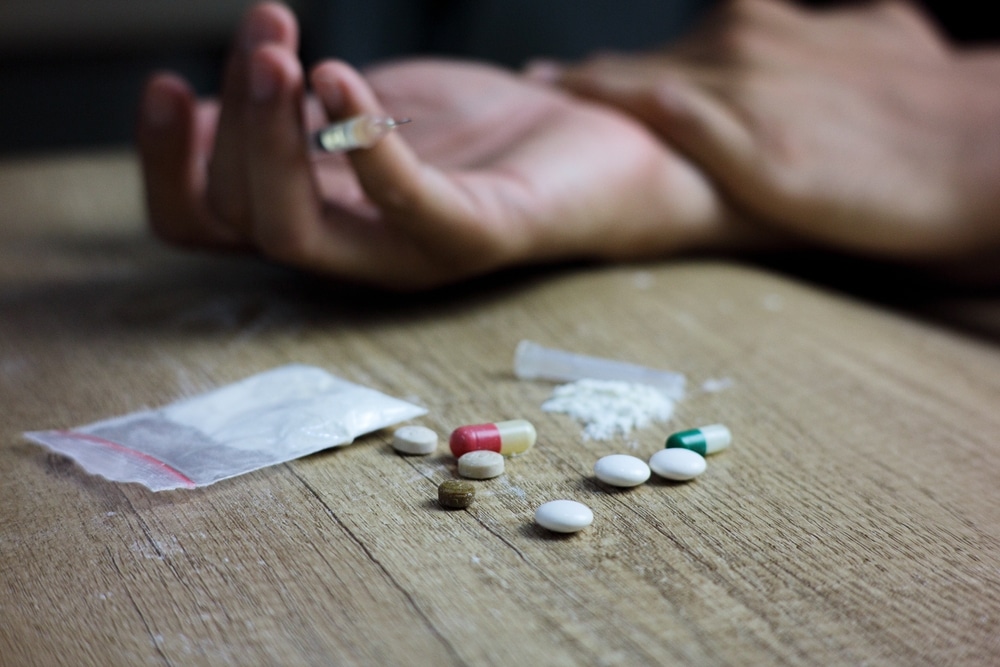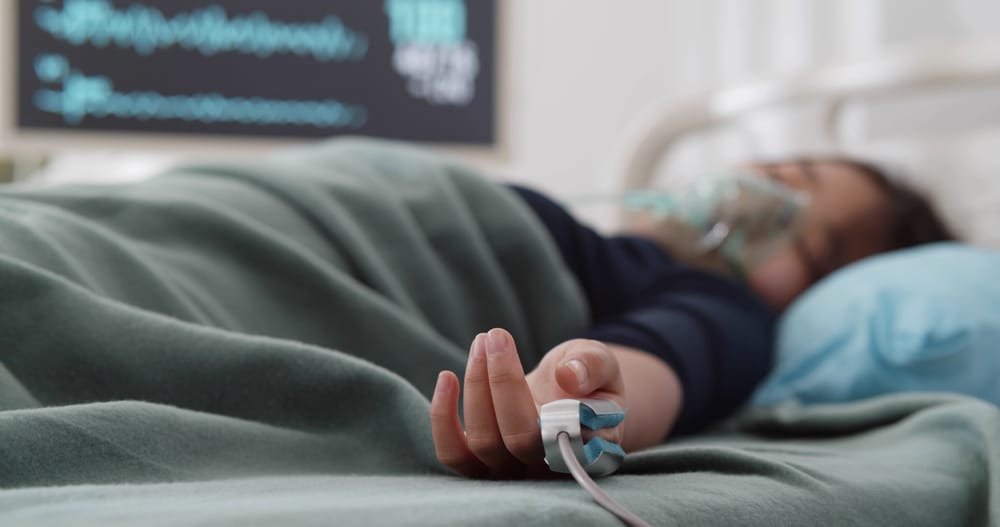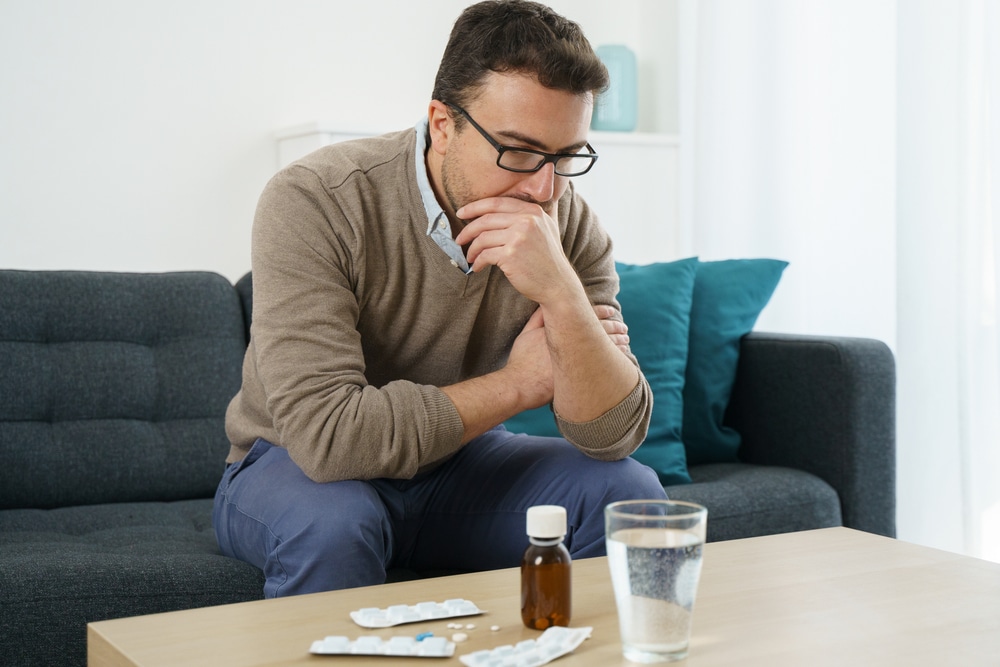Man Died ‘Taking De-Worming Drug for Animals After Believing It Was Cancer Cure’
Last updated on
When you’re searching for a cancer cure, the internet can seem like a place of endless hope. It’s filled with amazing stories and “secret” treatments. But what happens when one of the most popular of these cures, an animal drug you can buy online, has a hidden, deadly cost? For one man, putting his faith in these online claims didn’t lead to a miracle. It led to a tragedy. His story is a tough but necessary reminder of the dangers lurking behind viral videos and online forums, especially when you’re looking for answers your doctor can’t give you.
Why People Think an Animal Drug Can Cure Cancer

It started with a real scientific concept called “drug repurposing,” which is just a fancy way of saying “teaching old drugs new tricks.” Fenbendazole, the drug in question, works by destroying the internal structure of parasites. Since cancer cells also have a similar structure they need to divide and spread, some very early lab studies looked at whether the drug could damage cancer cells, too. That tiny shred of science, from cells in a petri dish, is what the entire “cure” story is built on.
But here’s the thing: what works in a lab is a huge leap from what works in a human being. A new car design might look perfect on a computer, but you wouldn’t drive it off the lot until it has passed years of real-world crash tests. That’s what human clinical trials are for medicine—they’re the safety checks that protect us.
A drug that kills cancer cells in a dish might be poison to your liver, or it might not even be able to reach a tumor inside the body. That’s why experts at places like Cancer Research UK are clear: fenbendazole has not passed the safety tests for people with cancer.
The main story that keeps this myth alive is about a man who says he was cured by the drug. What his story often leaves out is that he was also receiving a powerful, FDA-approved cancer treatment at the same time. It’s like trying to figure out if a special fertilizer made your plant grow, while ignoring the fact that you also moved it into the sunlight. You just can’t know what really helped.
More Than a Side Effect: A Story of Fatal Consequences

The claim that this animal drug is safe isn’t just wrong; it’s dangerous. The proof isn’t hidden in textbooks—it’s found in hospital records and heartbreaking coroner reports.
The most tragic example is the death of Lee Redpath, a 45-year-old man who was just looking for a way to get better. According to the official coroner’s report, he died from total liver and kidney failure. For about a month, he had been taking fenbendazole after seeing videos on social media claiming it was a cure. The coroner was direct, stating that the fatal damage to his liver was “contributed to by Fenbendazole.” His death shows how quickly things can go wrong and what’s really at stake when misinformation takes root.
And Lee’s story isn’t a one-off. Doctors have published other case reports in medical journals about people ending up in the hospital with severe liver damage after taking the drug. Your liver is your body’s filter, and when it shuts down, your whole system follows.

On top of liver failure, the U.S. Food and Drug Administration (FDA) has warned vets that the drug can cause bone marrow suppression. Your bone marrow is the factory that makes your blood cells—the ones that carry oxygen and fight off infections. If that factory shuts down, your body is left defenseless. For someone already fighting cancer, this can lead to deadly infections from a simple cold.
Maybe the scariest part is that some early animal research suggested the drug could even make things worse, causing some tumors to grow faster. It’s a horrible thought: that in trying to heal, someone could actually be fueling their own cancer.
The Power of Hope vs. The Danger of Hype

It’s easy to wonder why anyone would turn to an animal drug. But when you’re faced with a terrifying diagnosis, you’re not just fighting a disease—you’re fighting fear, uncertainty, and a feeling of powerlessness. This is where misinformation thrives, because it doesn’t sell a drug; it sells a feeling.
It sells a sense of control. Being a patient can feel passive, like things are happening to you. Sourcing a “secret” cure online feels proactive. It feels like you’re taking back the reins. It also sells a simple story in a complex world. The science of cancer is complicated and overwhelming. A story about a simple pill that fixes everything is easy to grasp and comforting to believe. Finally, it taps into a deep distrust of “the system,” playing on fears that pharmaceutical companies are hiding cheap cures to protect their profits. These emotional pulls are powerful, and they are what make people so vulnerable to dangerous advice from strangers on the internet.
Three Steps to Protect Yourself from Fake Cures

It can feel impossible to know who to trust online, but you can take steps to protect yourself. Here’s what to focus on.
- Always talk to your doctor: Think of your doctor as your most trusted guide on this journey. Before you try anything new—a supplement, a diet, a drug you read about—you have to tell them. They need to know everything you’re taking to protect you from bad reactions and make sure you don’t accidentally stop a treatment that’s proven to work.
- Look at where the info is coming from: Facebook groups and YouTube videos can feel supportive, but they aren’t medical experts. They can easily turn into echo chambers where only the “good news” gets shared and stories of failure or harm are ignored. Stick with trusted sources: the National Cancer Institute (NCI), the American Cancer Society, and major hospitals or universities.
- Be skeptical of “miracle” stories: A single person’s story is not scientific proof. Their recovery could be for all of a myriad of reasons that have nothing to do with an alternative treatment. If something sounds too good to be true, promises a cure with no side effects, and isn’t backed by large, real human studies, you should see it as a red flag.
Your Life Is Too Precious to Gamble

When you or someone you love is sick, hope is everything. It’s the fuel that gets you through the toughest days. The internet understands this, and it’s full of people willing to sell you a quick and easy version of it. But the hope offered in these “secret cures” is a gamble with the highest possible stakes.
Taking control of your health isn’t about finding a miracle online. It’s about building a team of people you trust—your doctors, your nurses, your family—and walking this path with them. True power comes from asking hard questions and putting your faith in treatments that are proven to be safe and effective. Your life is far too precious to risk on a guess. Hope is real, but it’s found in the care of your medical team, not in a bottle of animal de-wormer.
If you’re looking for trustworthy information, a great place to start is the National Cancer Institute’s website. It’s filled with resources that are based on solid, evidence-based research.
Some of the links I post on this site are affiliate links. If you go through them to make a purchase, I will earn a small commission (at no additional cost to you). However, note that I’m recommending these products because of their quality and that I have good experience using them, not because of the commission to be made.




























 JOIN OVER
JOIN OVER
Comments